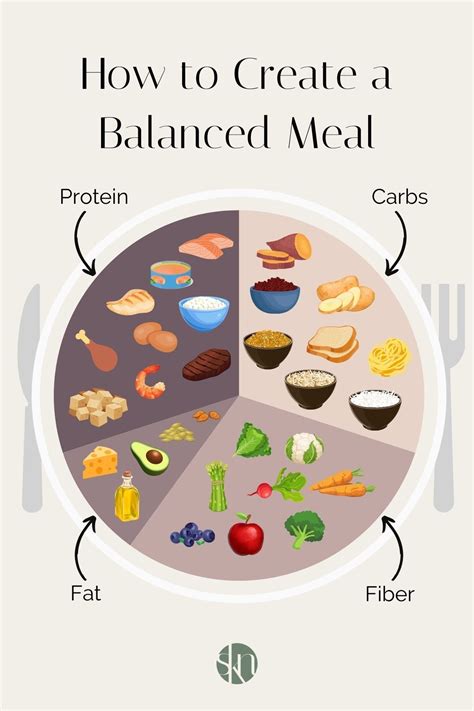How can I naturally boost testosterone for better energy & performance?

The Importance of Testosterone Beyond Muscle
Feeling sluggish, low on energy, or struggling with performance in the gym or bedroom? Low testosterone might be a culprit. While synthetic solutions exist, many men are seeking natural, sustainable ways to optimize their testosterone levels. The good news is, your lifestyle plays a powerful role in regulating this crucial hormone.
Testosterone is far more than just a “male hormone” associated with muscle and libido. It influences energy levels, mood, bone density, red blood cell production, and even cognitive function. Optimal testosterone levels contribute to a robust metabolism, better sleep quality, and an overall sense of well-being. When levels dip, you might experience fatigue, reduced muscle mass, increased body fat, mood swings, and a decline in drive.

Dietary Strategies to Fuel Testosterone Production
What you eat significantly impacts your hormonal balance. Focusing on whole, nutrient-dense foods is paramount.
- Embrace Healthy Fats: Don’t fear fats! Monounsaturated and saturated fats, found in avocados, nuts, olive oil, and red meat, are crucial for hormone synthesis. Cholesterol, a precursor to testosterone, comes from these healthy sources.
- Prioritize Protein: Adequate protein intake supports muscle mass and overall hormonal health. Include lean meats, poultry, fish, eggs, and plant-based proteins in your diet.
- Load Up on Micronutrients:
- Zinc: Essential for testosterone production. Oysters, red meat, poultry, beans, and nuts are excellent sources.
- Vitamin D: Often called the “sunshine vitamin,” Vitamin D is actually a hormone. Studies show a strong correlation between sufficient Vitamin D levels and higher testosterone. Get regular sun exposure or consider supplementation.
- Magnesium: Involved in hundreds of biochemical reactions, including those related to testosterone. Spinach, almonds, black beans, and avocados are rich in magnesium.
- Limit Processed Foods & Sugars: These can lead to inflammation and insulin resistance, both of which negatively impact testosterone.

Exercise Smart for Hormonal Gains
Physical activity is a powerful testosterone booster, but the type of exercise matters.
- Strength Training: Lifting heavy weights (compound movements like squats, deadlifts, bench presses) is one of the most effective ways to stimulate testosterone release. Aim for 3-4 sessions per week, focusing on progressive overload.
- High-Intensity Interval Training (HIIT): Short bursts of intense exercise followed by brief recovery periods can also significantly elevate testosterone levels.
- Avoid Chronic Cardio: While good for heart health, excessive, long-duration cardio without adequate recovery can sometimes elevate cortisol (stress hormone) which can suppress testosterone.

Prioritize Quality Sleep
Sleep deprivation is a silent killer of testosterone. Most testosterone is produced during REM sleep.
- Aim for 7-9 Hours: Consistent, uninterrupted sleep is crucial. Even a single week of insufficient sleep can significantly reduce testosterone levels in healthy young men.
- Establish a Routine: Go to bed and wake up at similar times daily, even on weekends.
- Optimize Your Sleep Environment: Dark, cool, and quiet are key. Avoid screens before bed.
Manage Stress Effectively
Chronic stress elevates cortisol, a hormone that directly suppresses testosterone production.
- Practice Mindfulness: Meditation, deep breathing exercises, and yoga can significantly reduce stress levels.
- Engage in Hobbies: Dedicate time to activities you enjoy to unwind and de-stress.
- Spend Time in Nature: Even a short walk outdoors can have a calming effect.

Limit Alcohol and Environmental Toxins
Excessive alcohol consumption can disrupt hormonal balance and damage the cells responsible for testosterone production in the testes. Additionally, certain environmental chemicals (endocrine disruptors like BPA in plastics, phthalates) can mimic or block hormones, negatively impacting testosterone. Choose glass over plastic, and opt for natural products where possible.

Conclusion
Naturally boosting your testosterone is not about quick fixes; it’s about adopting a holistic lifestyle. By optimizing your diet, incorporating smart exercise, prioritizing sleep, managing stress, and being mindful of environmental factors, you can create an environment where your body thrives, leading to higher testosterone levels, increased energy, improved performance, and a better quality of life. Consistency is key – commit to these changes, and your body will thank you.









